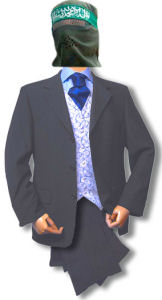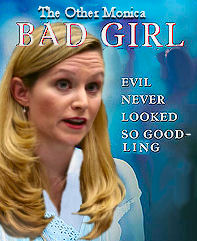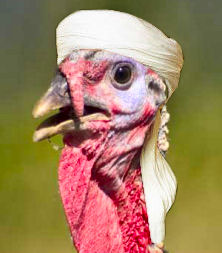The Show Moved Me -- Far from the Television
 Monday, June 4, 2007 at 10:23AM
Monday, June 4, 2007 at 10:23AM  Quote: “Having watched an advance DVD of the first three hours, I can offer a mini-review: two thumbs up. Up my own eye sockets.” Seth Stevenson in Slate.
Quote: “Having watched an advance DVD of the first three hours, I can offer a mini-review: two thumbs up. Up my own eye sockets.” Seth Stevenson in Slate.
Figure of Speech: paraprosdokian (para-prose-DOKE-ian), the surprise-ending figure.
“The Starter Wife,” a mini-series on the USA Network, is about a 40-something woman who gets dumped. Seth Stevenson is an admitted man, and therefore completely unqualified to review a middle-age chick flick. As if to emphasize his Y chromosome, he pulls a rhetorical Three Stooges move with a paraprosdokian. The figure hits the audience with an unexpected ending to a series, phrase, or cliché.
It’s not a hard figure to pull off. Just take a cliché and twist the ending. The writer Rose Macaulay was a master of paraprosdokian. “It was a book to kill time,” she wrote, “for those who like it better dead.”
Snappy Answer: “Nyuck, nyuck.”
For more cool ways to twist a cliché, see page 213 of Figaro’s book.





